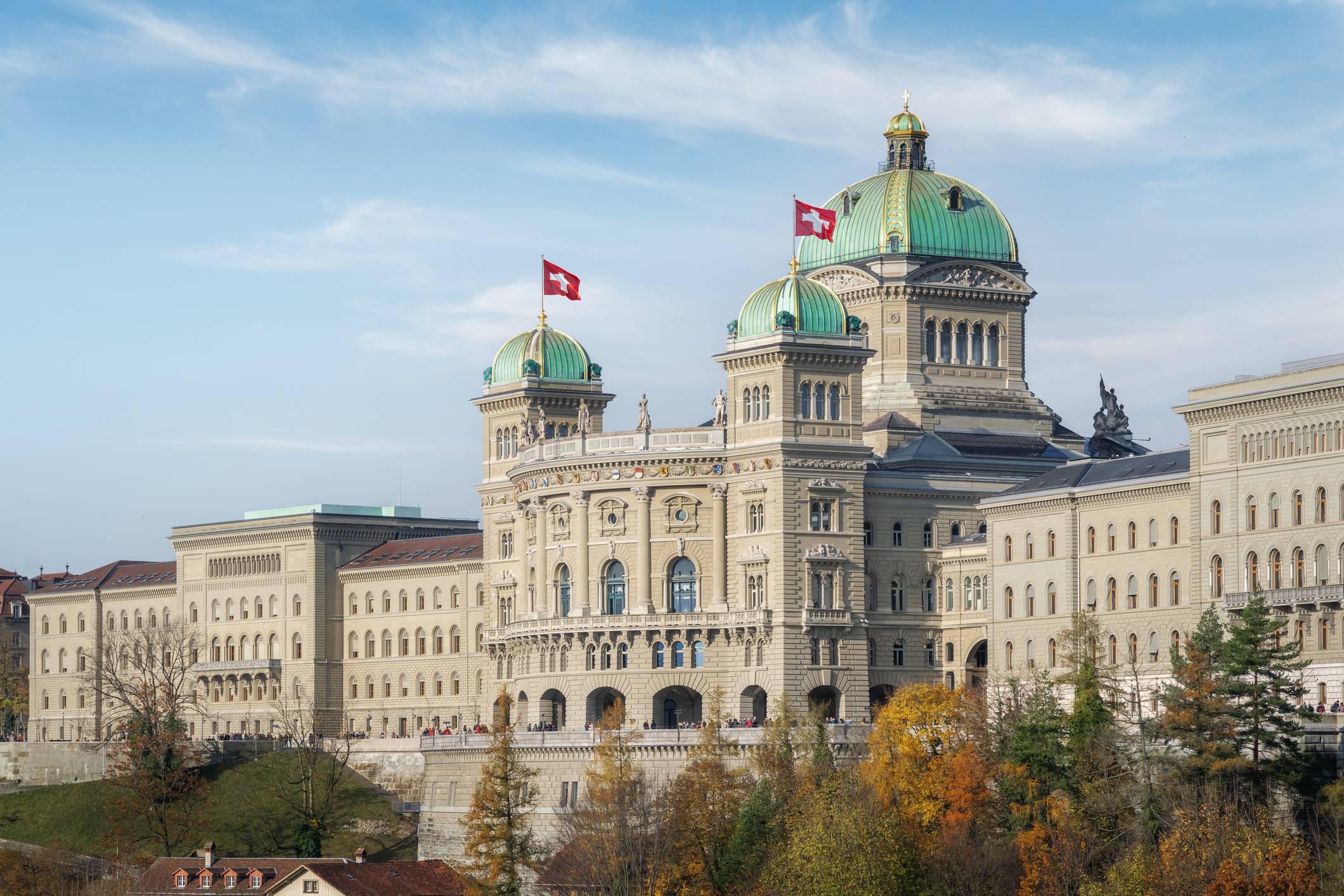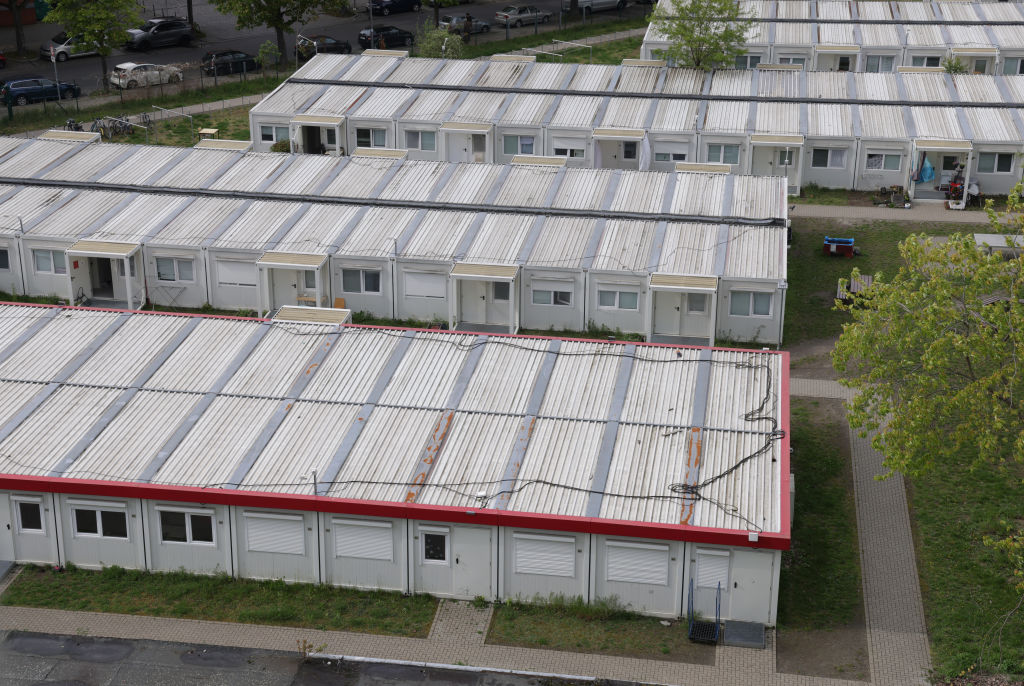Foreigners who have applied for protection as refugees in Switzerland will now generally not be allowed to leave the country.
On October 22, the Swiss Federal Council, the country’s main governmental body, said it was changing several regulations that determined the treatment of asylum seekers.
The Swiss Migration Department should only allow travel abroad for asylum seekers in certain exceptional circumstances in future, it was decided.
This would include both trips to their home countries as well as to the Schengen area in Europe.
Under exceptional circumstances, travel would still be permitted for up to 30 days. This would apply in cases of death or grave illness of relatives as well as for the preparation of a return to the home country.
The Swiss parliament had already demanded tougher travel restrictions for asylum seekers in December 2021 and had called on the Federal Council to take action. It took almost five years for the government to step in.
The Federal Council blamed the delay on the outbreak of the war in Ukraine and the then-newly arisen issue of how to deal with Ukrainian refugees.
According to the new regulations, Ukrainian refugees – who have a special legal protective status until at least 2027 – will be exempt from the ban.
They will be allowed to travel freely in the Schengen area and spend up to 15 days every six months in their home country – instead of 15 days every three months currently.
The Federal Council has launched a consultation process for the proposed changes. The 26 Swiss cantons, political parties and other associations have until February 5 next year to submit their comments and reservations on the new regulations.
Gerhard Pfister, a centrist MP who was one of the instigators of the 2021 parliamentary initiative, said the ban was aimed at people who were not allowed to remain in Switzerland but could not be deported to their home countries.
“It is simply shocking when these people go on holiday in their home country,” he said.
The demand for tighter regulations for asylum seekers had first arisen in 2015 after reports of Eritrean refugees routinely travelling to their home country.
Human rights organisations – such as the United Nations refugee organisation UNHCR – have criticised the planned ban as overly strict. They said it would not do justice to families separated due to fleeing from persecution to find refuge in different countries.





